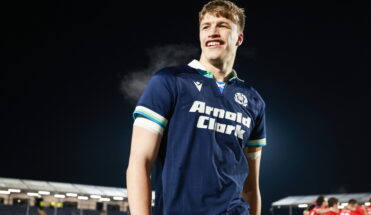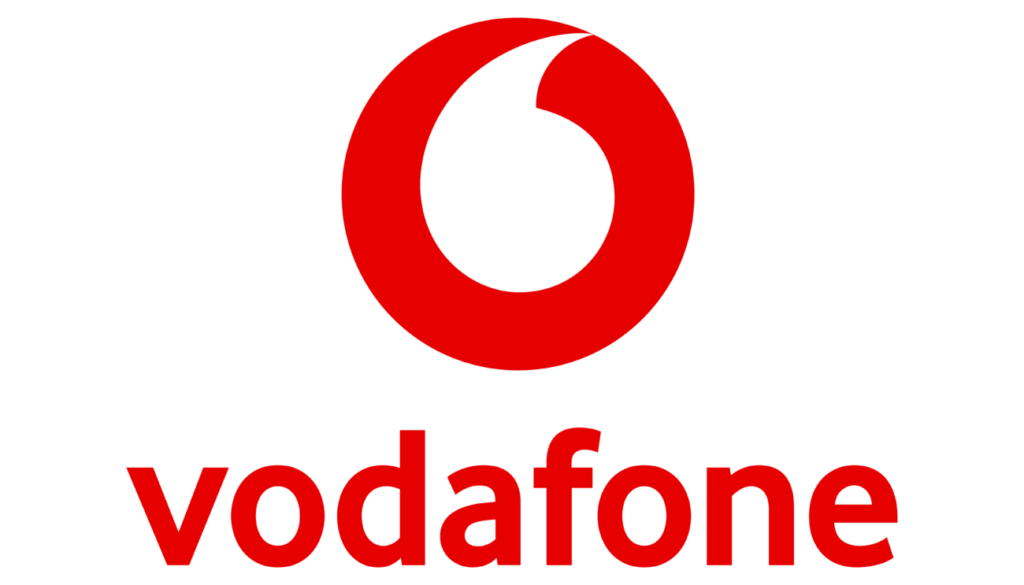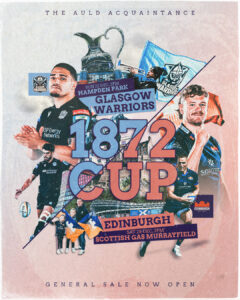Mike Blair: Winning the Calcutta Cup, 10 years on
“I remember standing in the tunnel, ready to go onto the pitch and all I could see was rain lashing down against the backdrop of the floodlights.The weather had been great when we had gone into the changing room after the warm up. I was nervous, but excited, as this was the first time I had captained Scotland at Murrayfield. I was aware of the pressure that we were under after a few poor results in the games preceding this fixture. It wasn’t a particularly glamorous game but we played intelligently in the conditions and defended well. I remember the relief when the final whistle went for the end of the game.”
Former Scotland captain Mike Blair’s memories of the 2008 Six Nations match against England are still vivid, despite a decade passing since he lifted the Calcutta Cup on that blustery March afternoon. The 15-9 victory was Scotland’s first win of that year’s tournament, with Chris Paterson kicking four penalties and Dan Parks adding another, to Jonny Wilkinson’s three penalties for England. It may have been a rather scrappy match, but that fateful Calcutta Cup clash ranks as one of Blair’s most memorable occasions in the Scotland jersey.
“The crowd probably make this fixture so special,” he said. “People often comment on the players looking more ‘up for it’ than other games but the truth is that you feed off the crowd and for some reason the noise and passion that they create for the games against England are on another level to some other games.”
During his playing career, Blair amassed 85 caps for Scotland, making him the country’s most-capped scrum-half.
He enjoyed ten years with Edinburgh Rugby, playing his first professional game in 2001 and going on to be part of the team who were runners up in the Magners League in 2009. He helped Edinburgh reach the semi-finals of the European Cup in 2012 having scored a try in the quarter-final.
Blair took part in the 2003, 2007 and 2011 Rugby World Cups and in total, he captained his country on 14 occasions. He was named Scotland’s Player of the Year in 2008 and was nominated for the IRB World Player of the Year that same season.
He toured South Africa with the British and Irish Lions in 2009 and continued to play club rugby for Edinburgh then French club Brive, before retiring from international rugby at the start of 2013, aged 31.
The next stage of his rugby career began when he signed with Glasgow Warriors in 2015, going on to make the move from player to coach at Glasgow Warriors in 2016.
“A change of career is always going to be difficult but I’ve been very well managed and looked after as I make the transition,” he said. “As a player, once you had done your training you were done for the day. As a coach your main part of the day is done before and after training so there has definitely been some adapting to do. I’m loving coaching and am inspired by the players that I help coach who continually push themselves to get better.”
Blair’s development as a coach continued when he was asked to join the Scotland set-up ahead of the 2017 summer tour to Singapore, Australia and Fiji. He joined Head Coach Gregor Townsend and Assistant Coaches Matt Taylor and Dan McFarland from Glasgow Warriors to take up the role as Skills Coach to the national team, while retaining his duties and responsibilities to the club out-with the test match windows.
“I believe I’m very privileged to be in the job that I am in and want to help prepare the players to perform as best as they can on the world stage,
Mike Blair
“I believe I’m very privileged to be in the job that I am in and want to help prepare the players to perform as best as they can on the world stage,” he said. “I’m fortunate that I can continue to work with Glasgow out-with international windows to continue my learning from another group of top coaches, with Dave Rennie at the helm.”
Blair says that he’s seen the game go through a number of changes in the past ten-year cycle.
“Professionalism no longer means that you are just getting paid to do your hobby. Being a rugby player now is not only a job but a lifestyle and a 24-hour commitment. This has led to bigger players and bigger collisions. It has definitely meant that the strength in depth of squads has been tested to the limits.”
He also says that analysis of teams has increased the need to be innovative and test the opposition with things that they might not be prepared for.
“The game has also become faster and more dynamic,” he said. “Trends and styles of play will vary from year to year and I believe the spectators are reaping the benefits of the current trend of the top teams being able to play the ball quickly, shift the target and look to offload in the tackle.”
Playing up-tempo rugby has stood Scotland in good stead over the last twelve months and Blair says the team continues to improve.
“There was certainly some growth and progression from the summer tour and some good performances, culminating in the win against Australia,” he said. “The key is to keep improving because if you stand still you will fall behind.”
Related Fanzone
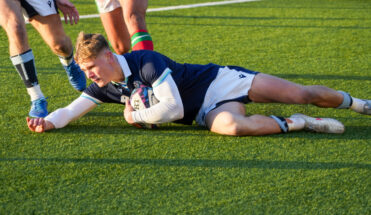
Scotland U20 45 – 43 Wales U20


Lochie’s Big Christmas Cards
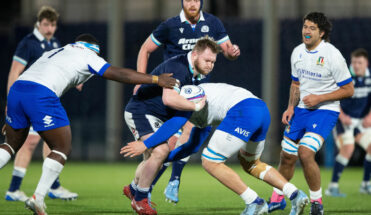
Report: Emerging Scotland 7 – 24 Italy U23s

Scotland U20 Development side lose out to Wales
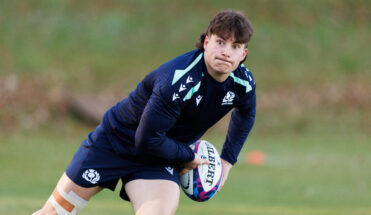
Preview: Emerging Scotland v Italy Under-23s
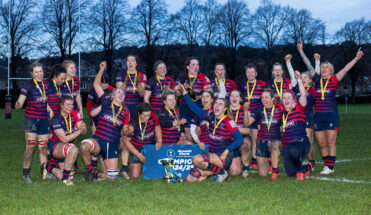
Arnold Clark Women’s Premiership final
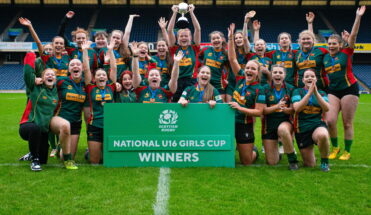
National Youth Cup Finals 2024

Podcast | David Nucifora & Claire Cruikshank
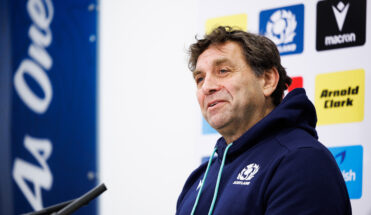

First Interview | David Nucifora
